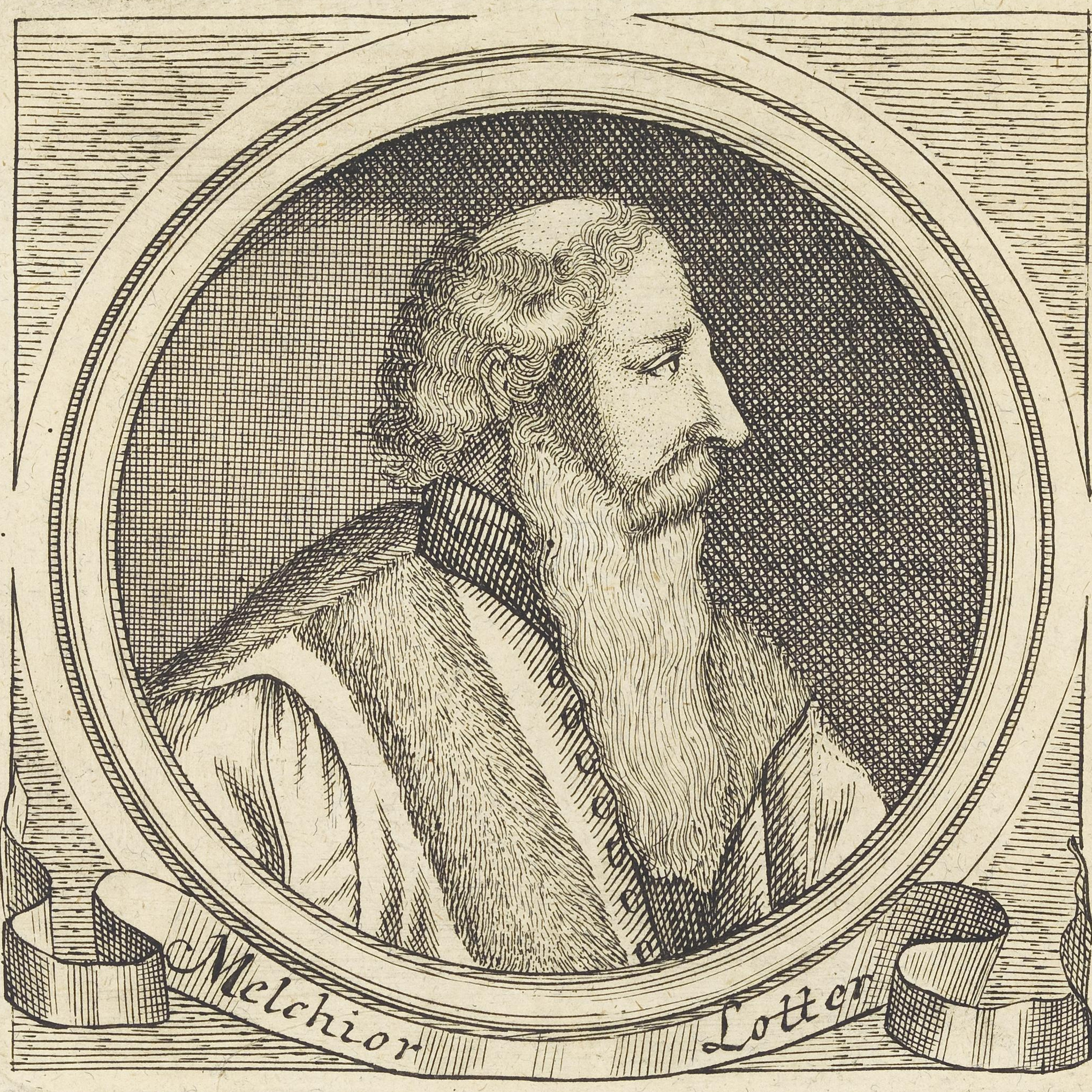Melchior Lotter on:
[Wikipedia]
[Google]
[Amazon]

 Lotter was the last name of a family of
Lotter was the last name of a family of

 Lotter was the last name of a family of
Lotter was the last name of a family of German
German(s) may refer to:
* Germany (of or related to)
**Germania (historical use)
* Germans, citizens of Germany, people of German ancestry, or native speakers of the German language
** For citizens of Germany, see also German nationality law
**Ger ...
printers, intimately connected with the Reformation
The Reformation (alternatively named the Protestant Reformation or the European Reformation) was a major movement within Western Christianity in 16th-century Europe that posed a religious and political challenge to the Catholic Church and in ...
.
The founder of the family was Melchior Lotter, the elder, born at Aue
Aue may refer to:
* Aue (toponymy), a frequent element in German toponymy meaning "wetland; river island; river"
Places
* Aue, Saxony, a mining town in Saxony, Germany
* Aue (Samtgemeinde), a collective municipality in Uelzen District, Lower Sax ...
, and well-known at Leipzig
Leipzig ( , ; Upper Saxon: ) is the most populous city in the German state of Saxony. Leipzig's population of 605,407 inhabitants (1.1 million in the larger urban zone) as of 2021 places the city as Germany's eighth most populous, as wel ...
as early as 1491. He published missal
A missal is a liturgical book containing instructions and texts necessary for the celebration of Mass throughout the liturgical year. Versions differ across liturgical tradition, period, and purpose, with some missals intended to enable a pries ...
s, breviaries
A breviary (Latin: ''breviarium'') is a liturgical book used in Christianity for praying the canonical hours, usually recited at seven fixed prayer times.
Historically, different breviaries were used in the various parts of Christendom, such as ...
, a ''Persius
Aulus Persius Flaccus (; 4 December 3424 November 62 AD) was a Ancient Rome, Roman poet and satirist of Etruscan civilization, Etruscan origin. In his works, poems and satires, he shows a Stoicism, Stoic wisdom and a strong criticism for what he ...
'' (1512), ''Horatii Epistolæ'' (1522), and ''Luther Tessaradecos Consolatoria pro Laborantibus'' (1520). His relations with the Reformation are not perfectly clear, but he seems to have been a sympathizer. An innovation by the elder Lotter was his use of Roman types for Latin
Latin (, or , ) is a classical language belonging to the Italic branch of the Indo-European languages. Latin was originally a dialect spoken in the lower Tiber area (then known as Latium) around present-day Rome, but through the power of the ...
, reserving the Gothic types for German
German(s) may refer to:
* Germany (of or related to)
**Germania (historical use)
* Germans, citizens of Germany, people of German ancestry, or native speakers of the German language
** For citizens of Germany, see also German nationality law
**Ger ...
.
His son was also named Melchior (died c. 1542), which has resulted in some bibliographical confusion. Melchior, the younger, is best known for printing Martin Luther
Martin Luther (; ; 10 November 1483 – 18 February 1546) was a German priest, theologian, author, hymnwriter, and professor, and Order of Saint Augustine, Augustinian friar. He is the seminal figure of the Reformation, Protestant Refo ...
's Bible, '' Das Neue Testament'' (1522), and the impressions of 1523 and 1524 of the Old Testament
The Old Testament (often abbreviated OT) is the first division of the Christian biblical canon, which is based primarily upon the 24 books of the Hebrew Bible or Tanakh, a collection of ancient religious Hebrew writings by the Israelites. The ...
, which was transferred afterward to Hans Lufft
Hans Lufft (1495–1584) was a German printer and publisher, commonly called "the Bible Printer," because in 1534 he printed at Wittenberg the first complete edition of Luther's Bible, in two Folio volumes with woodcut illustrations by Lucas Cran ...
. He published many other German writings of Luther. Only a little less important was his bringing a Greek
Greek may refer to:
Greece
Anything of, from, or related to Greece, a country in Southern Europe:
*Greeks, an ethnic group.
*Greek language, a branch of the Indo-European language family.
**Proto-Greek language, the assumed last common ancestor ...
font
In metal typesetting, a font is a particular size, weight and style of a typeface. Each font is a matched set of type, with a piece (a "sort") for each glyph. A typeface consists of a range of such fonts that shared an overall design.
In mod ...
to Wittenberg
Wittenberg ( , ; Low Saxon language, Low Saxon: ''Wittenbarg''; meaning ''White Mountain''; officially Lutherstadt Wittenberg (''Luther City Wittenberg'')), is the fourth largest town in Saxony-Anhalt, Germany. Wittenberg is situated on the Ri ...
, thus giving Melanchthon
Philip Melanchthon. (born Philipp Schwartzerdt; 16 February 1497 – 19 April 1560) was a German Lutheran reformer, collaborator with Martin Luther, the first systematic theologian of the Protestant Reformation, intellectual leader of the Lu ...
the means to carry on classes in Greek. When he returned to Leipzig, about 1525, Lotter carried on his father's business.
Works
Antiqua et insignis Epistola Nicolai Papa I., ad Michaelem Imperatorem. . . https://books.google.es/books?id=GeBKAAAAcAAJ&pg=false#v=onepage&q&f=falseReferences
*J. Franck, in ''Allegemeine deutsche Biographie'', v. xix (Leipzig, 1884) * {{DEFAULTSORT:Lotter, Melchior German printers German publishers (people) 15th-century births 16th-century births 16th-century deaths 1542 deaths German families